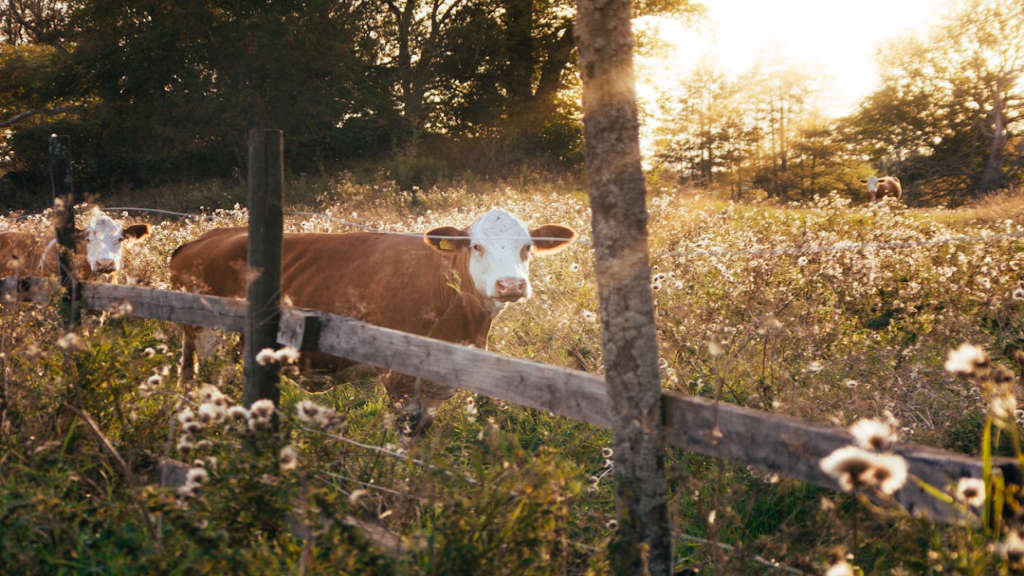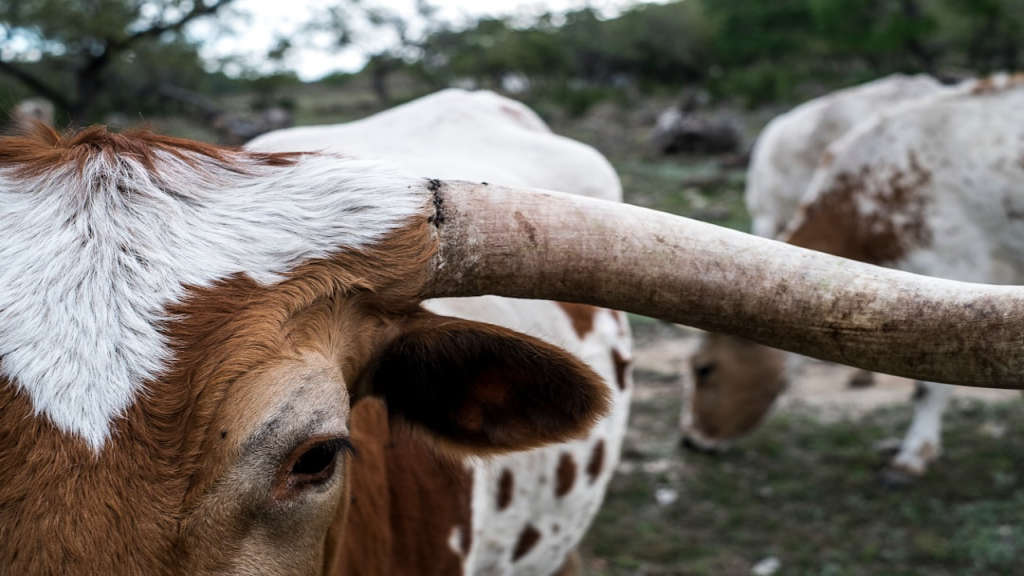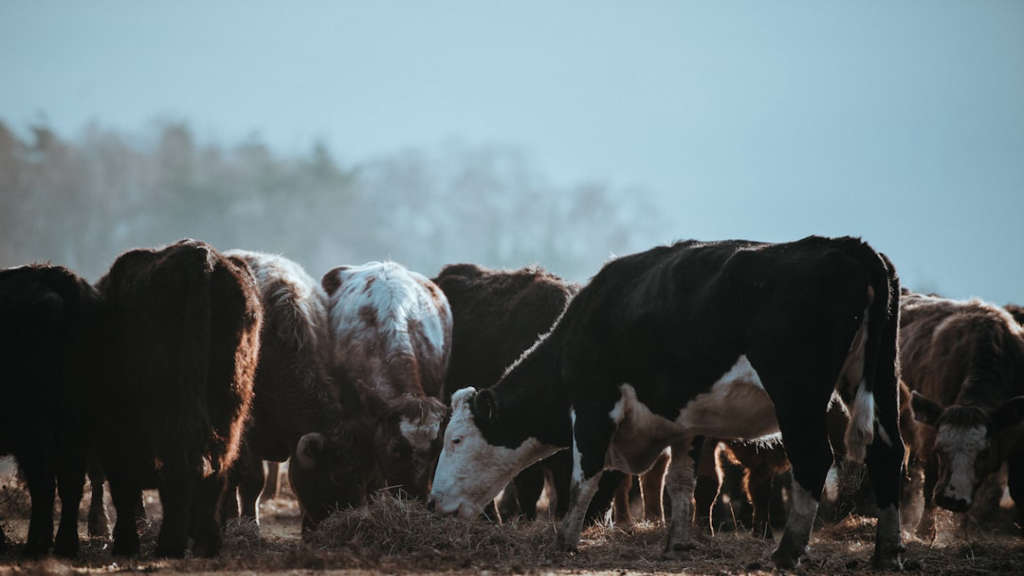In a world where food choices increasingly reflect our values, discovering authenticity in what we eat becomes vital. The journey of Piedmontese beef sourcing brings us closer to understanding this connection. From lush pastures to the warmth of our dining tables, every step in this process speaks of quality and care. Embracing local traditions, ethical practices, and sustainable farming, Piedmontese beef offers not just a meal but a story worth sharing. Let’s explore this remarkable journey that highlights the beauty of authenticity in our culinary experiences.
Main Points
- The significance of sustainable farming practices.
- How local traditions shape the quality of Piedmontese beef.
- The connection between farmers and consumers in the culinary journey.

Understanding the Piedmontese Breed: A Legacy of Quality and Sustainability
The Piedmontese breed, originating from the picturesque region of Piedmont in northern Italy, is a testament to the harmonious blend of traditional farming practices and modern sustainable approaches. This breed is often celebrated for its tender, flavorful meat, which has earned it a rightful place in the culinary world. However, there is much more to the story than just its exquisite taste. Understanding the historical and environmental contexts of the Piedmontese breed reveals a legacy of quality and sustainability.
Historical Context and Development
The roots of the Piedmontese breed date back several centuries. Originally, these cattle were bred as draft animals, playing a crucial role in agricultural practices. Over time, farmers recognized their superior meat quality, leading to selective breeding aimed at enhancing specific traits. Notably, their resilience in various environments allowed them to thrive, which further solidified their importance in local agriculture.
The Characteristics of Piedmontese Cattle
Piedmontese cattle are easily recognizable due to their distinct grayish-white coat and muscular build. These cattle are known for their unique physiological trait known as “double muscling,” which results in increased muscle mass without a corresponding increase in fat. This characteristic not only enhances the meat quality but also contributes to the breed’s efficiency in converting feed into high-quality protein. However, this feature can create some confusion among farmers, as it can lead to varying classification of the livestock based on muscle development.
Commitment to Sustainability
In today’s world, where sustainable practices are more important than ever, the Piedmontese breed shines as an example of responsible farming. The following points showcase why this breed aligns with sustainable agriculture:
- Efficient Feed Conversion: Piedmontese cattle exhibit higher feed efficiency compared to other beef breeds. This means they require less feed to produce the same amount of meat, reducing resource consumption.
- Lower Carbon Footprint: With less feed input, the emissions associated with their production are significantly lowered, which is crucial in the fight against climate change.
- Natural Grazing Practices: Farms that raise Piedmontese cattle often employ rotational grazing methods. This approach not only benefits the cattle but also promotes soil health and biodiversity.
Moreover, the breed’s inherent vitality means they are less prone to diseases, reducing the dependence on veterinary interventions and medications. This contributes to an overall healthier ecosystem, allowing sustainable practices to flourish.
Conclusion
The Piedmontese breed is not only about producing high-quality meat; it symbolizes a commitment to sustainability and ethical farming. Recognizing the legacy of this breed provides insight into how traditional practices can coexist with contemporary environmental needs. In a world where sustainable food sources are becoming increasingly essential, the Piedmontese breed stands as a beacon of quality and responsible agriculture.

Farm-to-Table: The Art of Sourcing Piedmontese Beef with Integrity
In today’s culinary landscape, the concept of farm-to-table has transformed the way we perceive and engage with food. It emphasizes not just the origins of our ingredients but also the ethical implications of sourcing. When it comes to Piedmontese beef, this philosophy achieves a remarkable prominence. Piedmontese cattle, known for their unique genetic traits and superior meat quality, offer a compelling choice for chefs and consumers alike. However, navigating the sourcing of this exquisite beef requires both diligence and a commitment to integrity.
The Uniqueness of Piedmontese Beef
Piedmontese beef is not just another entry in the world of premium meats. Its distinctive flavor profile and tenderness are often attributed to the breed’s natural characteristics. This breed, native to the Piedmont region of Italy, has gained recognition for its lean yet flavorful meat. Yet, this quality comes with a responsibility. Sourcing Piedmontese beef means looking beyond taste; it demands an understanding of the farming practices that contribute to its excellence.
Navigating Transparency and Ethical Practices
Choosing to partner with farms that uphold ethical practices is crucial in the journey of procuring Piedmontese beef. As consumers become more conscious of where their food comes from, the importance of integrity in sourcing becomes paramount. It’s essential to prioritize farms that provide humane conditions for their animals. This not only influences the welfare of the cattle but also greatly impacts the overall quality of the meat. Thus, when exploring farms, look for transparent practices that can include:
| Practice | Benefits |
|---|---|
| Grass-fed Feed | Enhances flavor and nutrient profile |
| Pasture Raising | Promotes animal welfare |
| Sustainable Practices | Supports environmental health |
Engaging directly with farmers can also help demystify the sourcing process. Ask questions about their breeding practices, feed, and overall farm management. Understanding their methods not only enriches your knowledge but also fosters a deeper connection between the source and the culinary experience. This hands-on approach helps reinforce the trust that consumers seek in their food.
Building Partnerships with Local Farmers
Establishing a relationship with local farmers can lead to a more reliable and ethical supply of Piedmontese beef. Local farmers often possess a profound understanding of their animals and the land they operate. When you choose to work with them, you are not only supporting the local economy but also ensuring a fresher, higher-quality product that embodies the true essence of farm-to-table.
Moreover, these partnerships can result in a higher degree of transparency, which is vital for the integrity of the sourcing process. As these relationships develop, they can open channels for collaboration, leading to exclusive offerings and insights into the best practices in raising Piedmontese cattle.
The Future of Sourcing Piedmontese Beef
Looking ahead, the importance of ethical sourcing will only continue to grow. As consumers become increasingly aware of their food choices, it is incumbent upon both producers and purveyors to adapt. The art of sourcing Piedmontese beef with integrity is a journey rather than a destination. It requires ongoing commitment, adaptability, and respect for both the animals and the environment. By fostering transparency and embracing sustainable practices, everyone involved—from farmers to diners—can contribute to a more conscious culinary culture.
In conclusion, the path to sourcing Piedmontese beef is one that embodies the essence of integrity. It invites enthusiasts of fine dining to not only savor the flavors but also to appreciate the stories behind their meals. Ultimately, an enriching farm-to-table experience depends on our collective efforts to uphold ethical principles in every bite.

Health Benefits and Culinary Versatility: Why Piedmontese Beef Stands Out
Piedmontese beef, often overshadowed by more ubiquitous cattle breeds, emerges as a remarkable choice for those seeking both health benefits and culinary diversity. Raised in the lush pastures of Italy’s Piedmont region, this breed boasts a unique composition that sets it apart from conventional beef.
Exceptional Nutritional Profile
One of the most compelling reasons to consider Piedmontese beef lies in its nutritional advantages. This beef is renowned for its lower fat content, which can appeal to health-conscious consumers. In fact, the breed’s muscle fibers are genetically predisposed to produce leaner meat without sacrificing flavor or tenderness. Consequently, individuals looking to maintain a balanced diet can enjoy this beef without the typical guilt associated with indulgent meals.
Moreover, Piedmontese beef is rich in important vitamins and minerals, including iron, zinc, and B vitamins. These nutrients play vital roles in supporting the immune system and promoting overall well-being. Therefore, choosing Piedmontese beef can be a smart addition to your diet, especially if you are looking to enhance your nutritional intake.
Culinary Versatility
Beyond its health implications, the culinary versatility of Piedmontese beef is truly impressive. Chefs and home cooks alike can experiment with various cooking methods, from grilling and roasting to braising and stewing. Whether you prefer a quick stir-fry or a slow-cooked roast, this cut adapts seamlessly to various cuisines.
Additionally, Piedmontese beef marries well with a variety of flavors, enriching dishes with its natural, robust taste. The understated richness of the meat complements herbs, spices, and marinades, allowing for an array of culinary creativity. It’s not uncommon to see Piedmontese beef featured in gourmet dishes, where its refined profile shines through, elevating meals to a whole new level.
Environmentally Conscious Choice
As consumers become increasingly conscious of the environmental impact of their dietary choices, Piedmontese beef presents a sustainable option. The production practices for this breed typically emphasize responsible grazing and low-density farming, which can lead to reduced environmental footprints. Therefore, opting for Piedmontese beef is not only beneficial for your health but also for the planet.
In conclusion, Piedmontese beef stands out for its unique blend of health benefits and culinary versatility. With its lower fat content, rich nutritional profile, and the ability to deliver exquisite flavors across a spectrum of dishes, it’s a clear winner for anyone looking to enhance both their diet and culinary repertoire. Discovering Piedmontese beef might just ignite your passion for cooking while nurturing a healthier lifestyle.
Conclusion
In exploring the complexities of Piedmontese beef sourcing, we come to appreciate not just the quality of the meat but also the ethical implications behind our choices. The rich landscape of Piedmont, known for its unique cattle breed, offers a connection to tradition and sustainable farming practices. This connection enriches our dining experiences, reminding us of the care and dedication that goes into sourcing such high-quality beef. As we reflect on our consumption habits, we realize the importance of supporting practices that prioritize both flavor and sustainability. By choosing responsibly sourced Piedmontese beef, we can enjoy a delightful meal while also contributing to a more sustainable food system.
Frequently Asked Questions
What is Piedmontese beef?
Piedmontese beef comes from a specific breed of cattle known for its lean and tender meat, originating from the Piedmont region of Italy.
How is Piedmontese beef sourced?
Piedmontese beef is typically sourced from farms that adhere to strict guidelines for animal welfare, sustainability, and quality, ensuring a superior product.
What are the benefits of consuming Piedmontese beef?
Piedmontese beef is known for its high protein content, lower fat levels, and rich flavor, making it a healthier alternative to traditional beef.